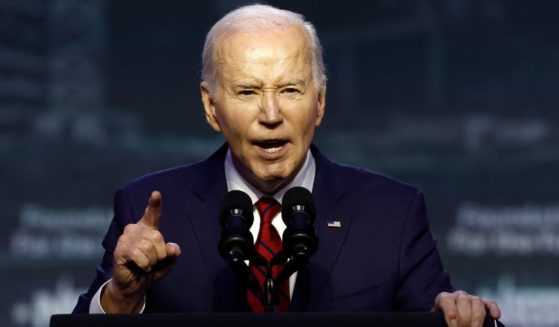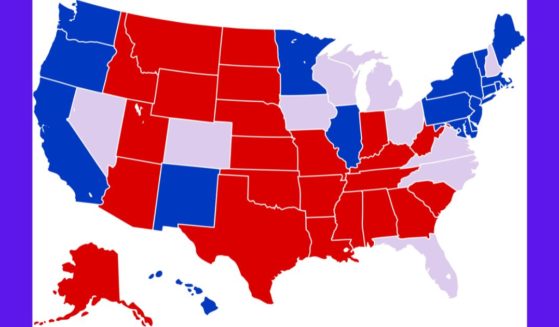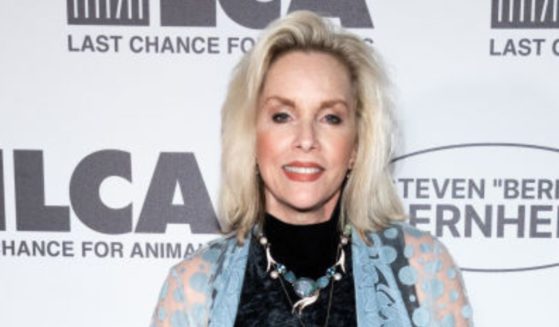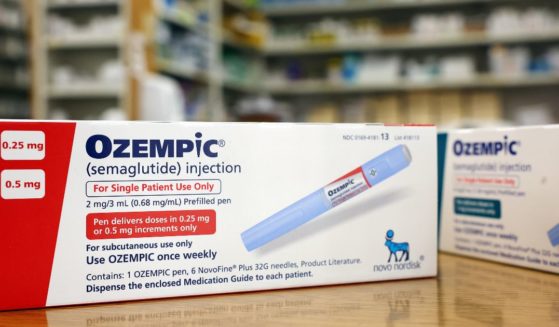Families hoping for justice from prescription bribes trial
BOSTON (AP) — Drug company executives weren’t satisfied with sales for their powerful painkiller, so they devised a plan, prosecutors say: Offer cash to doctors in exchange for prescriptions. Soon, the highly addictive fentanyl spray was flourishing, and executives were raking in millions.
Now, the company’s wealthy founder is heading to trial in a case that’s putting a spotlight on the federal government’s efforts to go after those it says are responsible for fueling the deadly drug crisis.
“It really is a day of reckoning,” said Richard Hollawell, an attorney for the parents of a New Jersey woman who died of an overdose in 2016 after she was prescribed Subsys, a drug meant for cancer patients with severe pain.
John Kapoor, the wealthy founder and former chairman of Chandler, Arizona-based Insys Therapeutics Inc., is the highest-ranking pharmaceutical company figure to face trial amid the opioid epidemic that’s claiming thousands of lives every year.
The 75-year-old, who resigned from the company’s board of directors after his arrest, and the four other former Insys employees being tried alongside him are charged with racketeering conspiracy. Kapoor has said he committed no crimes and believes he will be vindicated at trial, which begins Monday in Boston’s federal court.
But two of his top lieutenants, including the company’s former chief executive, are now cooperating with prosecutors and are expected to tell jurors that Kapoor directed the scheme to boost profits.
Massachusetts is one of many states where Insys did business, but the state’s U.S. attorney’s office is known for its success in complex health care cases.
Kapoor’s arrest in 2017 came the same day Republican President Donald Trump declared the opioid crisis a public health emergency. And prosecutors have touted the case against Kapoor and other Insys executives as illustrative of their work to fight the drug epidemic.
Kapoor’s lawyers, meanwhile, have blasted prosecutors for trying to link Insys to the drug crisis, accusing them of trying to poison the jury pool and noting that Subsys makes up a small fraction of the prescription opioid market.
“Despite these uncontroverted facts, the government continues to perpetuate a false narrative in its public pronouncements about this case,” his lawyers wrote in court documents.
The judge has since prohibited both sides of the case from talking to the news media.
Several Insys employees and doctors have already been convicted in other cases of participating in a kickback scheme. A number of states have sued the company, which also agreed last year to pay $150 million to settle a federal investigation into inappropriate sales.
Prosecutors say Insys targeted doctors across the country known for prescribing large numbers of opioids and paid them bribes and kickbacks that were disguised as speaking fees for events billed as opportunities for physicians to learn about the drug.
Insys staffers also misled insurers about patients’ medical conditions and posed as doctors’ office employees in order to get payment approved for the costly drug, prosecutors allege.
Lawsuits filed against the company say patients were given high doses of the potent narcotic even though they didn’t have cancer, weren’t warned of the risks and became addicted before suffering through withdrawal when they were cut off.
“These are normal, everyday, hardworking people who go to a pain clinic because they are suffering from chronic pain and they fell into this trap,” said Michael Rainboth, a New Hampshire attorney who has brought several cases against Insys.
Sarah Fuller was being treated for fibromyalgia and back pain when an Insys sales representative and her doctor met with her at her doctor’s New Jersey office to persuade her to begin taking Subsys, according to a lawsuit her parents filed against Insys, Kapoor and others.
In an order to get Fuller approved for the drug, an Insys employee duped the pharmacy benefit manager into believing that the employee worked for the doctor’s office and that Fuller was suffering from cancer pain, the lawsuit says.
Fuller died of an overdose a little over a year later at age 32.
“Sarah didn’t have cancer, so there was no reason for her to have been on it,” said her mother, Deborah Fuller. “There are a lot of things she should have been able to do, but her life was cut short by people who just don’t care,” she said.
Fuller’s doctor isn’t accused of getting kickbacks and hasn’t been criminally charged. But she lost her license after state officials found she was “indiscriminately” prescribing the drug to patients without cancer.
Prosecutors allege the poorly attended speaking events were merely an excuse for doctors and their friends to have a fancy free meal. One New York doctor charged with getting kickbacks is accused of using marijuana and cocaine before and during some of the speaker programs he led.
They “do not need to be good speakers, they need to write a lot of … (prescriptions for the fentanyl spray),” former Insys sales executive Alec Burlakoff told a colleague, according to court documents. Burlakoff pleaded guilty and is expected to testify against Kapoor during the monthslong trial.
The far-reaching impact of the drug crisis will likely make it a difficult case for Kapoor, said David Schumacher, former deputy chief of the Massachusetts U.S. attorney’s office’s health care fraud unit.
At the same time, there’s typically less evidence incriminating those at the top than lower-level employees who carry out the scheme, said Schumacher, now an attorney at Hooper, Lundy & Bookman.
“The higher up you go in these trials, the harder it is,” he said.
____
Follow Alanna Durkin Richer on Twitter at http://twitter.com/aedurkinricher
The Western Journal has not reviewed this Associated Press story prior to publication. Therefore, it may contain editorial bias or may in some other way not meet our normal editorial standards. It is provided to our readers as a service from The Western Journal.
Truth and Accuracy
We are committed to truth and accuracy in all of our journalism. Read our editorial standards.












